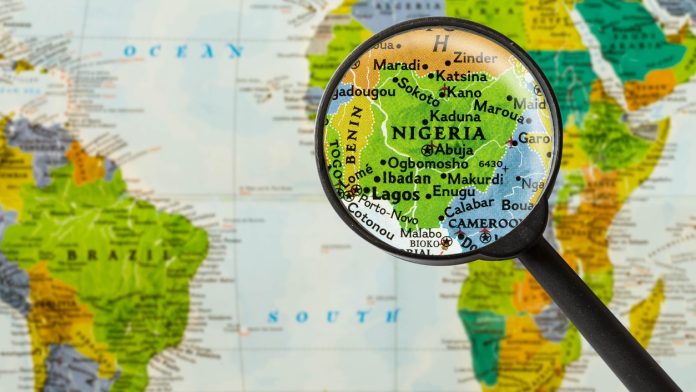Politicians in Nigeria have long sought to make it illegal for the state to pay for outbound medical tourism for politicians, government officials and their wider family and friends. Opposition from those in government benefitting from international healthcare has stopped any progress. The latest attempt would see public officials risk a seven year jail term. This could also fail, but it could also be a historic change maker.
Nigeria spends millions each year sending people abroad for medical care, despite it being a rich country.
The House of Representatives has now passed, for second reading, a bill seeking to outlaw medical tourism for public officials at the expense of the government, except on the recommendation of a medical board.
The bill prescribes a jail term of seven years and/or a fine of N500 million (US$1.2 million).
Sponsored by Sergius Ogun (Peoples Democratic Party/Edo), the legislation is titled ‘A Bill for an Act to Amend the National Health Act, 2014; and for Related Matters.’
Leading the debate on the bill, Ogun noted that the objective of the proposal was to amend the Act “so as to make provision for sanctions against any public officer who violates the provisions of the Act, especially Section 46 of the Act.”
The section reads, ‘Without prejudice to the right of any Nigerian to seek medical check-up, investigation or treatment anywhere within and outside Nigeria, no public officer of the Government of the Federation or any part thereof shall be sponsored for medical check-up, investigation or treatment abroad at public expense except in exceptional cases on the recommendation and referral by the medical board and which recommendation and referral shall be duly approved by the Minister or Commissioner of Health of the state as the case may be.’
Ogun listed the merits of the bill which include a reduction of the mass exodus of doctors from Nigeria to other countries, and said: “If this House passes this bill into law, it will curtail the excessive medical trips of public officers abroad and direct their attention to fixing the poor state of the country’s health sector. This will in turn lead to the development of the health sector, improved remuneration for medical doctors, thus attracting Nigerian doctors abroad to come back home.”
The lawmaker also noted that the bill, when passed into law, would demonstrate the government’s commitment to the welfare of citizens “in the sense that funds which were hitherto expended in foreign medical trips will be redirected into building an efficient and effective health care system in the country. This will in turn positively impact the lives and wellbeing of the people.”
Ogun also cited the reduction of cash flight abroad, saying, “This bill will stop the export of cash abroad and redirect the same to the development of our economy. All of this cash, which flies abroad in the disguise of one medical trip or the other, will be retained here in our country and be used to develop our nation.”
In reality, the chances of this becoming law are low. Even it succeeds, the chances of it being enforced are slim. Nigerian politicians have a track record of talking about tackling corruption, but then do not take action when the chances of their extra benefits being taken away become real.








 ©2024 All rights reserved LaingBuisson
©2024 All rights reserved LaingBuisson 


